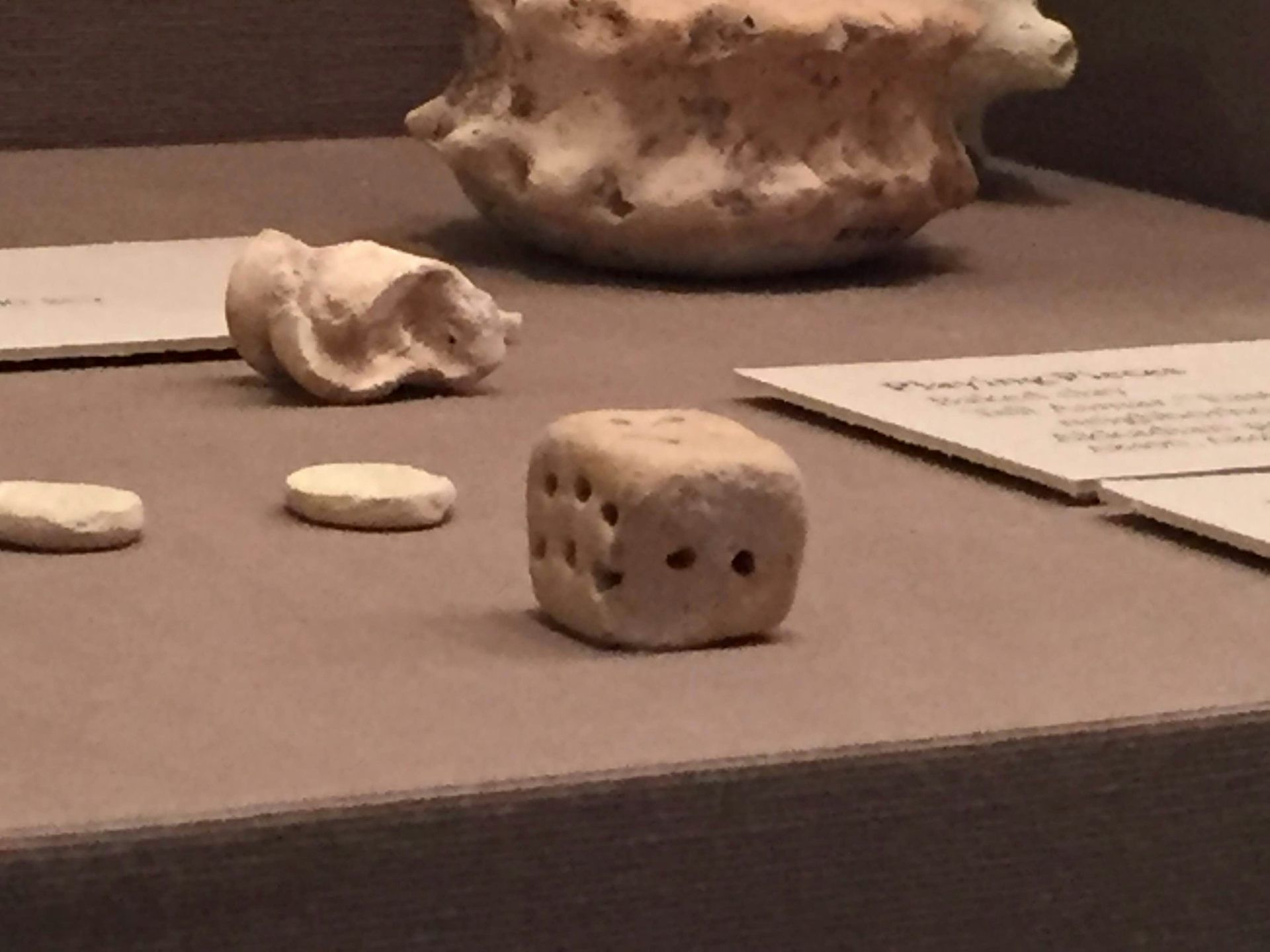Games blamed for moral decline and addiction throughout history
Blaming games is so lazy!!
Did ancient Egyptian parents worry their kids might get addicted to this game, called senet? Keith Schengili-Roberts/Wikimedia Commons, CC BY-SA
Games blamed for moral decline and addiction throughout history
October 9, 2019 9.05am EDT
Video games are often blamed for unemployment, violence in society and addiction – including by partisan politicians raising moral concerns.
Blaming video games for social or moral decline might feel like something new. But fears about the effects of recreational games on society as a whole are centuries old. History shows a cycle of apprehension and acceptance about games that is very like events of modern times.
From ancient Egyptian hieroglyphs, historians know that the oldest examples of board games trace back to the game of senet around 3100 B.C.
One of the earliest known written descriptions of games dates from the fifth century B.C. The Dialogues of the Buddha, purport to record the actual words of the Buddha himself. In them, he is reported to say that “some recluses…while living on food provided by the faithful, continue addicted to games and recreations; that is to say…games on boards with eight or with 10, rows of squares.”
That reference is widely recognized as describing a predecessor to chess – a much-studied game with an abundant literature in cognitive science and psychology. In fact, chess has been called an art form and even used as a peaceful U.S.-Soviet competition during the Cold War.
Despite the Buddha’s concern, chess has not historically raised concerns about addiction. Scholars’ attention to chess is focused on mastery and the wonders of the mind, not the potential of being addicted to playing.
Somewhere between the early Buddhist times and today, worries about game addiction have given way to scientific understanding of the cognitive, social and emotional benefits of play – rather than its detriments – and even viewing chess and other games as teaching tools, for improving players’ thinking, social-emotional development and math skills.
 ?ixlib=rb-1.1.0&q=45&auto=format&w=600&h=450&fit=crop&dpr=1
?ixlib=rb-1.1.0&q=45&auto=format&w=600&h=450&fit=crop&dpr=1
A die among other playing pieces from the Akkadian Empire, 2350-2150 B.C., found at Khafajah in modern-day Iraq. CC BY-SA
Games and politics
Dice, an ancient invention developed in many early cultures, found their way to ancient Greek and Roman culture. It helped that both societies had believers in numerology, an almost religious link between the divine and numbers. ......................
 ?ixlib=rb-1.1.0&q=45&auto=format&w=600&h=450&fit=crop&dpr=1
?ixlib=rb-1.1.0&q=45&auto=format&w=600&h=450&fit=crop&dpr=1
 ?ixlib=rb-1.1.0&q=45&auto=format&w=600&h=450&fit=crop&dpr=1
?ixlib=rb-1.1.0&q=45&auto=format&w=600&h=450&fit=crop&dpr=1